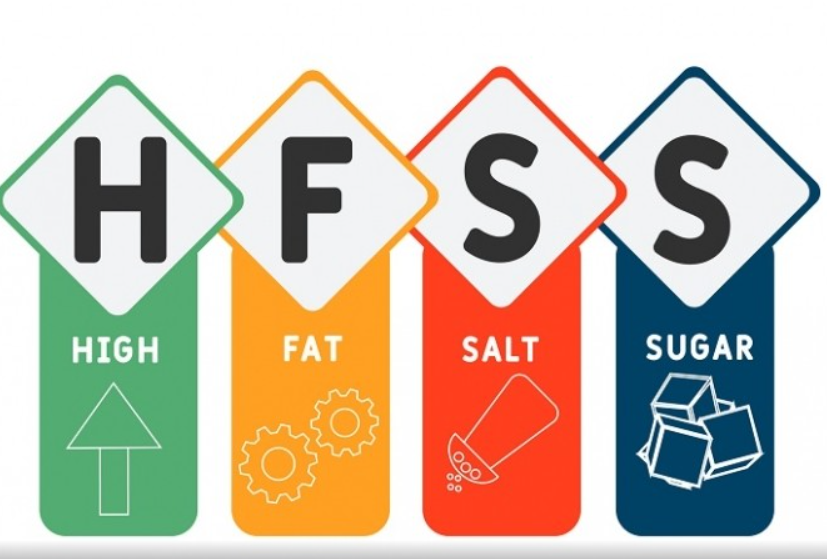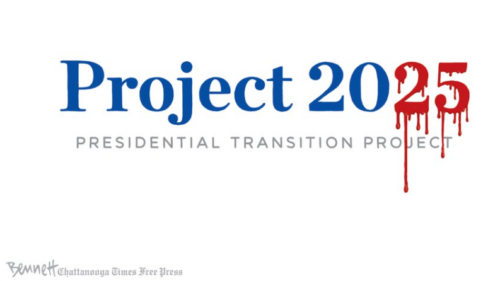RFK, Jr to head HHS: brilliant move or catastrophe?
I spent a lot of time last week responding to reporters’ questions about Trump’s appointing Robert F. Kennedy, Jr to head the Department of Health and Human Services.
Here’s what the president-elect said about the appointment on Twitter (X):
For too long, Americans have been crushed by the industrial food complex and drug companies who have engaged in deception, misinformation, and disinformation when it comes to Public Health…HHS will play a big role in helping ensure that everybody will be protected from harmful chemicals, pollutants, pesticides, pharmaceutical products, and food additives that have contributed to the overwhelming Health Crisis in this Country. Mr. Kennedy will restore these Agencies to the traditions of Gold Standard Scientific Research, and beacons of Transparency, to end the Chronic Disease epidemic, and to Make America Great and Healthy Again!
Trump has instructed Mr. Kennedy to end chronic disease and “Go wild on food.”
In various statements, Mr. Kennedy has said he wants to get rid of “poisons”
- Ultra-processed foods in schools
- Artificial colors in cereals
- Chemicals, pollutants, pesticides
- Mercury in fish
- Fast food
He also wants to
- Restrict sodas on SNAP
- Promote sustainable, regenerative farming by small farmers
- End conflicts of interest between government agencies and corporations: Corporate capture is the biggest threat to democracy.
These are the kinds of things I’ve been saying and writing about for decades!
[He also is pushing for some things that are much less well grounded in science: getting rid of grains for kids, seed oils, and fluoride in drinking water; deregulating raw milk; and firing all nutrition scientists on day 1].
If he really does do what he’s promising here, it means taking on the food industry, in a way that no government has ever done, and Trump showed no signs of doing in his first term.
What can we expect? I have no idea, but thist sure will be interesting to watch.
Mother Jones calls Kennedy’s appointment “a genuine catastrophe.”
For charges of hypocrisy, click here.
Civil Eats asked a bunch of people to predict “The Path Forward for Food and Ag.” Here’s what I said.
I wish I had a crystal ball to say how food and agriculture issues would play out over the next four years, but all I have to go on is what Trump and his followers say. If we take them at their word, then we must expect them to implement their Project 2025 plan, which replaces one deep state with another that favors conservative business interests and ideology. This calls for replacing staff in federal agencies with Trump loyalists and dismantling them, stopping the USDA from doing anything to prevent climate change, reforming farm subsidies (unclear how), splitting the farm bill to deal separately with agricultural supports and SNAP, reducing SNAP participation by reinstating work requirements and reducing the Thrifty Food Plan, and making it more difficult for kids to participate in school meals.
On the other hand, some of the plans make sense: eliminating checkoff programs and repealing the sugar program, for example. So do some of Robert F. Kennedy, Jr.’s goals: Make America Healthy Again by focusing on chronic disease prevention, getting harmful chemicals out of kids’ foods, and getting rid of conflicts of interest among researchers and agency staff. It’s too early to know how much of this is just talk, but I’m planning to do what I can to oppose measures I view as harmful, but to strongly support the ones I think will be good for public health.




